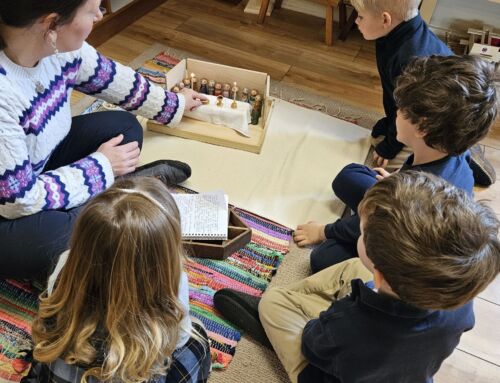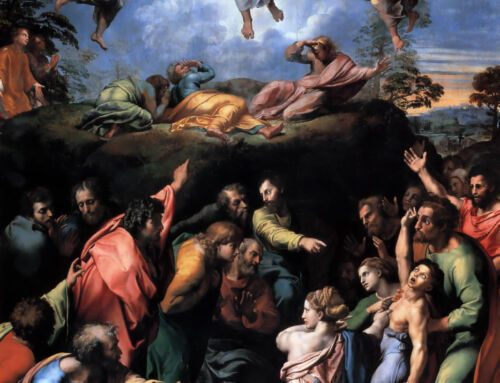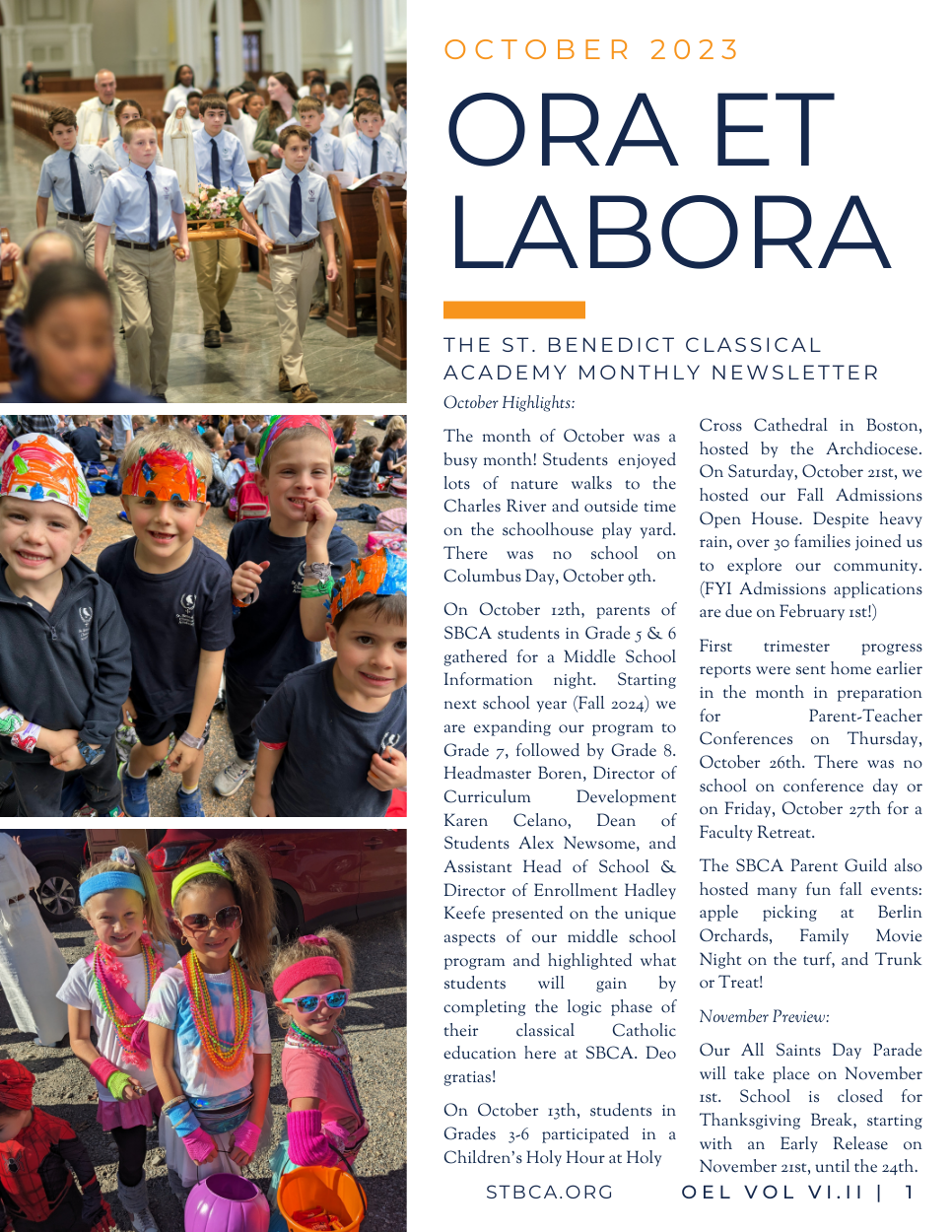On Ash Wednesday, one of the prayers offered during Holy Mass spoke of taking up weapons of self-restraint in order to do battle against spiritual evils. Prayer, fasting, and almsgiving help us to drill down into those things in our life which keep us from deeply knowing and deeply loving God and the people He has placed in our lives. How does this work?
Prayer: This loving conversation with God is the most powerful way to receive light for our minds and strength for our wills, forming our freedom for excellence. Prayer, as we know, doesn’t change God, it changes us, by helping us to more and more see things as God sees them, and to choose as God chooses. A commitment to prayer transports us on a journey out of ourselves and into the mystery of love which knits together the whole universe. So many patterns of sin in our lives arise from seeing things out of sync with God. Steady, persevering prayer realigns our spiritual eyesight with the truth.
Fasting: If prayer attends to the fact that we are spiritual beings, endowed with a soul made for communing with God, fasting attends to the other side of our human nature, that we have a body which is a fundamental component of our identity. The body also participates in our journey to God. As we know, the body can be unruly, subject to excess in all sorts of ways. Fasting accustoms us to saying “no” to our impulses in order to say “yes” to a higher good. And as we discipline our desires, our body becomes more submissive to our soul. That said, it’s also important to remember to be kind to our body. If we’re going to fast in some way, make sure it’s reasonable and well-balanced. And it doesn’t have to be food. We can fast from looking at social media, we can fast from our screens. This gives us the same benefit as fasting from food: subordinating the bodily impulse to the free will of the soul, since we know more and more that social media has bodily affects, which are not only habit-forming but intentionally designed to induce addiction. If we can take back control of this part of our lives, we’ll find greater peace and much more time that we can devote to things that matter more – spending face-to-face time with friends and family, prayer, reading, exercise, service… ultimately, serenity.
Almsgiving: This is perhaps the least talked about of the three Lenten tools, but it’s the one that was most dear to the Church Fathers. As Christians, we have a special obligation to be of service to the poor. Jesus said that what we do or neglect to do for our least brothers and sisters, He will attribute as done or not done to Himself. Almsgiving in its many forms strengthens the bonds of love that ought to unite all members of the human family. There are more than enough resources in this world so that no one should have to suffer from lack of food, lack of clean water, lack of clothes, or anything else necessary to sustain life. Upon our stewardship may depend the fate of many. Almsgiving is especially helpful if we struggle with greed, materialism, or anything else related to personal possessions. And ultimately, almsgiving brings joy both to those who give and those who receive.
As we do battle against spiritual evils, remember that we take up the works of Lent – prayer, fasting, and almsgiving – not as a means to earn God’s love, but as a response to the fact that we are already loved.
Author: Fr. Stamm, SBCA Chaplain








